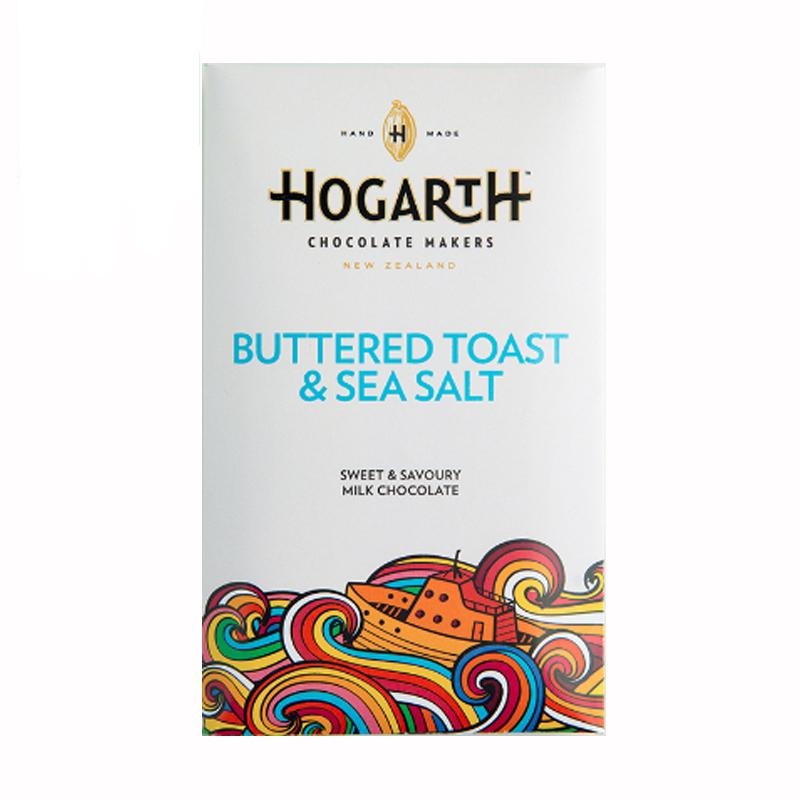In the talks I’ve been hosting recently, I’ve been focussing on the ‘individuality’ of chocolate. I thought I’d put some of these thoughts down in writing so I can share them with a wider audience.

Over the past couple of hundred years, chocolate has been stripped of its individuality, its personality and its diversity. Ingredients, processes and businesses have been mashed together and homogenised, with the aim of uniform mass-production that puts quantity before quality, and profits before people. The craft chocolate community aims to right some of these wrongs. It’s a David and Goliath situation.
There are three main causes of chocolate’s lost individualism, and the aim of this blog piece is to explain these in a reasonably digestible fashion. These are all very complex subjects that I will only touch the surface of, but hopefully this will be interesting to some of you and perhaps inspire you to investigate further.
Please know that, whilst this piece might occasionally dip into political or ethical issues, the driving force behind it (and everything I do at The Chocolate Bar) is deliciousness. I want to help people experience the most delicious things in the world, and I want future generations to be able to enjoy them too. It’s a hedonistic approach to business.

Reason 1: Industrialisation
Throughout the 19th and 20th centuries the chocolate making process was completely transformed. Machinery and techniques were invented at a rapid pace, making it possible to do everything much faster and on a larger scale. A lot of these developments were magnificent and completely transformed the possibilities for chocolate, including improving its quality, as well as making it much more accessible to the masses.
Unfortunately, after World War II, when capitalism went into overdrive, this new speed and scale was taken to the extreme. Flavour and quality (amongst many other things) were sacrificed in the name of profits. Machinery got bigger and more capable, leading to less and less human interaction with the process. It’s a familiar story to many industries.
Whilst craft chocolate makers are of course using machinery, these machines are vastly scaled down, meaning that the chocolate is made in much smaller batches. Most importantly, there is a lot more human interaction and hands-on elements throughout the process. The chocolate makers are closely monitoring every step of the transformation, keeping an eye on the work of the machinery and tweaking things throughout the journey from cacao to chocolate bar. This increased level of control is just one of the things that helps craft chocolate makers achieve a higher quality and more unique creation.

Reason 2: Ingredients
If you’re a follower of what we do at The Chocolate Bar, you’ll know by now that the chocolate makers we work with are using rare, fine flavour varietals of cacao. These account for about 5% of the cacao grown in the world, whilst the other 95% is what we call ‘bulk’ cacao, which is predominantly what gets used in mainstream industrial chocolate. Bulk cacao consists of a few different varietals, all of which provide a more bland and stereotypically ‘chocolatey’ flavour.
Industrial chocolate makers will buy up vast quantities of these beans, typically from a variety of locations, and blend them all together. Their end goal is chocolate that will always taste identical. To achieve this they work with food technologists to tweak processes and recipes, adding in ingredients that we consider unnecessary in chocolate, so that whatever comes out at the end is homogenised, no matter what went in at the beginning.
At the opposite end of the scale we have craft chocolate makers, who make unique, small batches of chocolate that represent the beans they start with. When a new variety - or even harvest - of cacao arrives, craft chocolate makers will play around different parts of the process - including the roasting profiles and conching times - to find what brings out the best flavour from those beans. They keep the ingredients simple and minimal so that cacao is the star of the show.
This feels like an appropriate time to share my favourite chocolate quote (again), which comes from Mackenzie Rivers at Map Chocolate...
‘Cacao carries an amazing story of cultivation, travel, wild places, the people who’ve shared its journey, birds landing amongst its leaves, rain falling, farmers tending it and mouths tasting it; it has a story to tell, and the language it speaks is chocolate.’

Reason 3: Monopoly
The vast majority of the world’s chocolate is made by a small handful of huge, multi-national companies. It’s something we’re starting to see a tiny change in, but it will likely stay this way for a long time. Before the emergence of the craft chocolate movement, it was considered too difficult and too expensive to create your own chocolate from scratch, from the bean. This meant that anybody starting a small chocolate business was essentially forced into being a chocolatier, rather than chocolate maker, and these chocolatiers had to buy their chocolate from one of these huge industrial companies.
Currently in New Zealand we only have about seven or eight craft chocolate makers, so the rest of the small chocolate companies here are chocolatiers. Of these, I’d say about 80% to 90% of them are using chocolate from the same one or two industrial producers. Whilst these chocolatiers might be doing wonderful and creative things with the chocolate, the chocolate itself all tastes exactly the same.
I hope over time we will start to see a change in this, so that we can all have a more unique, diverse and delicious experience when buying confectionery. There are certainly some positive signs in New Zealand, including Chocolatier Mirams in Napier, who is starting to use some Hogarth Craft Chocolate in his creations, and Honest Chocolat from Matakana, who are using Original Beans couverture.
Over the coming years, I hope to see many more craft chocolate makers popping up in New Zealand, and many more chocolatiers using unique and fine quality chocolate.
Ok, I’ll leave it there for now. I hope you’ve found this piece interesting and maybe even inspiring. It’s quite sad that the chocolate industry has been so abused and neglected for the past couple of centuries; imagine if most of the world’s wine was produced by just a handful of wineries, and it all tasted like chardonnay. It would be a travesty! But at least things are starting to change in chocolate and hooray that we’re all alive at this moment, and we get to see this exciting new world unfold. What a delicious time to exist.



